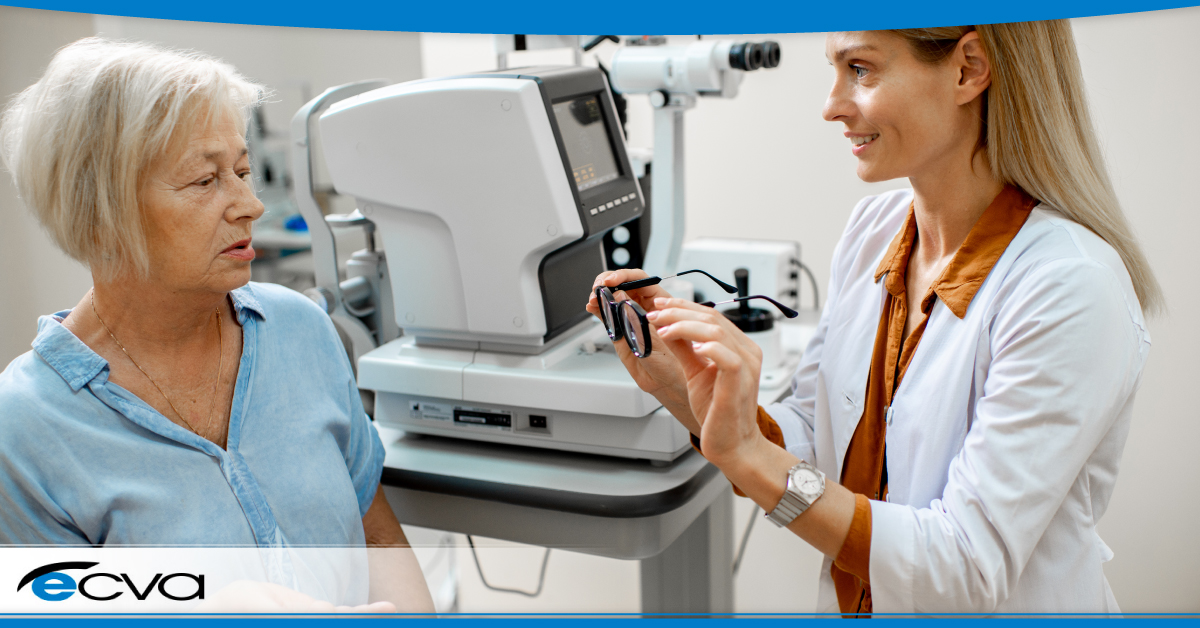The idea of a simple home treatment is incredibly appealing to patients with cataracts. As a result, many people look for information about cataract eye drops, hoping that there’s a product available that can clear cataracts away.
While new treatments are always in development, it’s critical to understand what is and isn’t possible currently. If you’re wondering whether cataract eye drops work, here’s what you need to know.
Can Eye Drops Treat or Cure Cataracts?
Currently, there is no scientifically-proven eye drop that can treat or cure cataracts. Any eye drop claiming to treat the condition by dissolving cataracts is a scam. Such treatment doesn’t exist, so any assertions they make about what the eye drops do are essentially false.
However, there is emerging research that suggests an eye drop-based cataract treatment may be viable in the future. While that’s incredibly exciting news, developing new therapies takes a significant amount of time and scientific rigor. As a result, it’s far too early to say when eye drops that can reverse cataracts may become available.
Now, that isn’t to say that some eye drops may improve your vision to a degree or could potentially slow the progression of cataracts. Here’s an overview of those options.
Types of Eye Drops for Cataracts
If you have cataracts, specific eye drops may assist with vision or slow the condition’s progression. Antioxidant eye drops are one example, as they may support lens clarity. There’s also some evidence that N-acetylcarnosine eye drops improve visual acuity in individuals with cataracts and make them more resilient when dealing with glare.
Lanosterol eye drops have been studied and showed reduced cataract severity and improved lens transparency, though research has been limited to animals. However, a subsequent study didn’t achieve the same results.
C-KAD is potentially a promising option, though it’s currently still in the clinical trial phase. Initial research shows that it may prevent oxidative stress that can cause cataracts, though more research is needed to determine its viability as a treatment.
When to See an Eye Doctor for Cataracts
Generally, it’s best to see an eye doctor if you are experiencing any vision changes that could indicate cataracts. By scheduling an appointment with your eye care provider, they can assess the cause of any visual acuity shifts and create a treatment approach to address the underlying condition.
Additionally, if you’ve been diagnosed with cataracts and experience any declines in vision, following up with your eye doctor is wise. They can determine if the condition has progressed and if different treatment options could be solid choices based on the current state of your cataracts.
Buffalo Cataract Treatment
If you are experiencing vision changes or haven’t seen your eye care provider in the past year, the ECVA team is here to help. Schedule an appointment at your closest ECVA clinic today.







